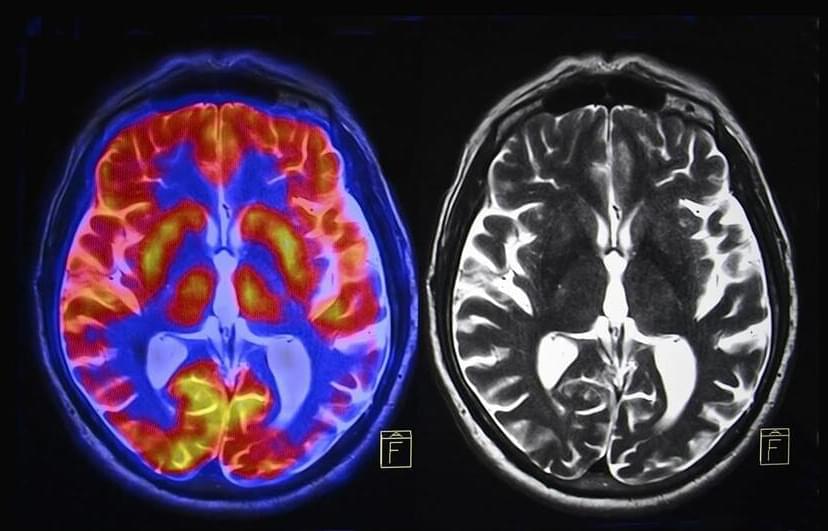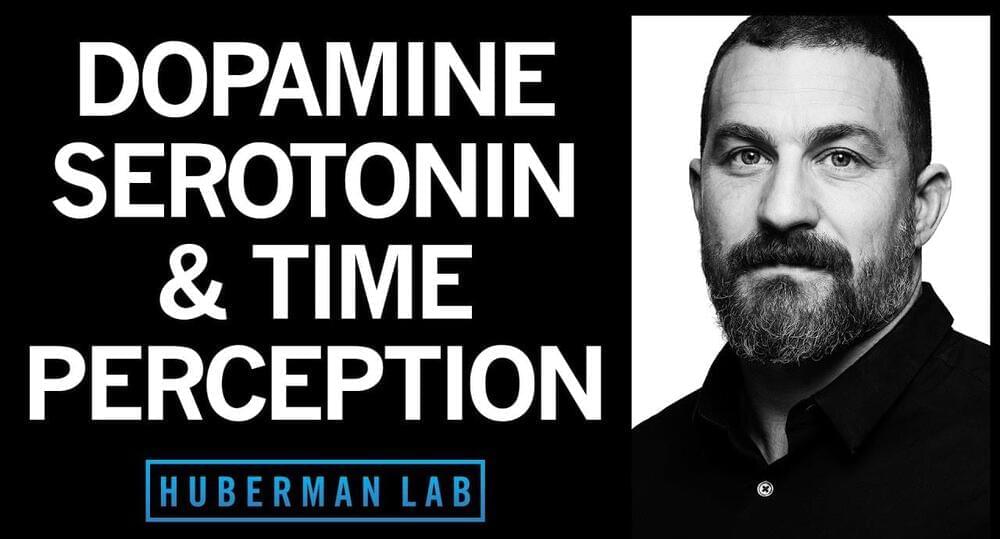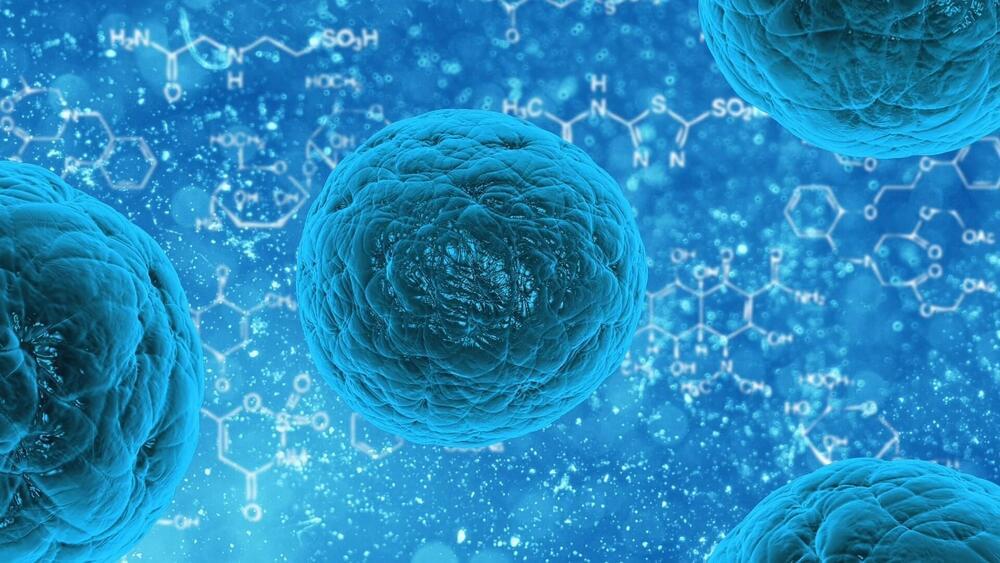Apr 29, 2023
The Neuroscience of Real Life Monsters: Psychopaths, CEOs, & Politicians (Science on Tap Livestream)
Posted by Dan Breeden in categories: biological, ethics, genetics, neuroscience, science
Why do some people live lawful lives, while others gravitate toward repeated criminal behavior? Do people choose to be moral or immoral, or is morality simply a genetically inherited function of the brain? Research suggests that psychopathy as a biological condition explained by defective neural circuits that mediate empathy, but what does that mean when neuroscience is used as evidence in criminal court? How can understanding neuroscience give us an insight into the actions and behaviors of our political leaders?
Forensic psychiatrist Dr. Octavio Choi https://med.stanford.edu/profiles/ochoi will explore how emerging neuroscience challenges long-held assumptions underlying the basis—and punishment—of criminal behavior.


















